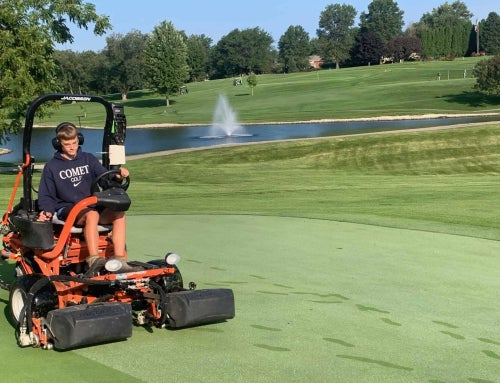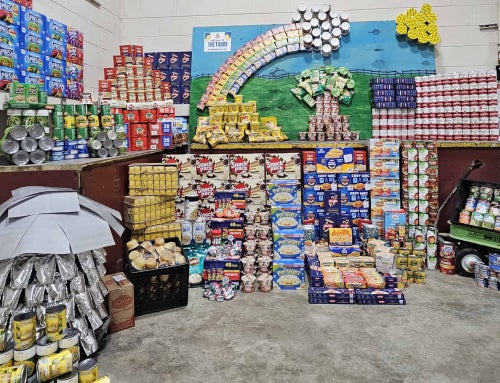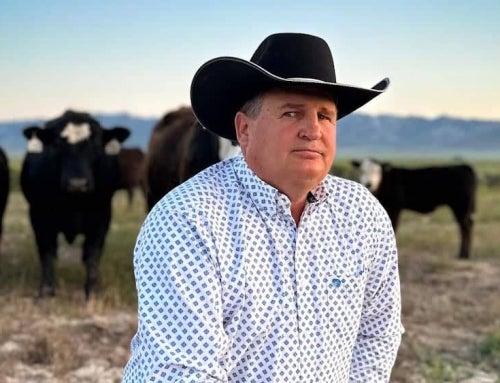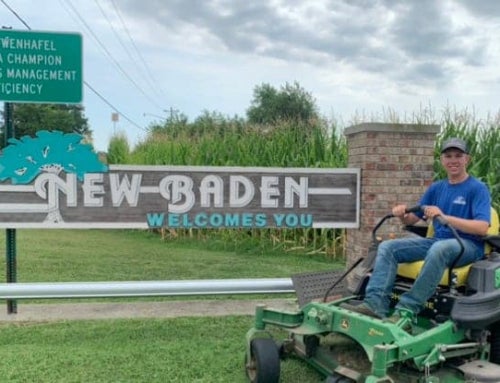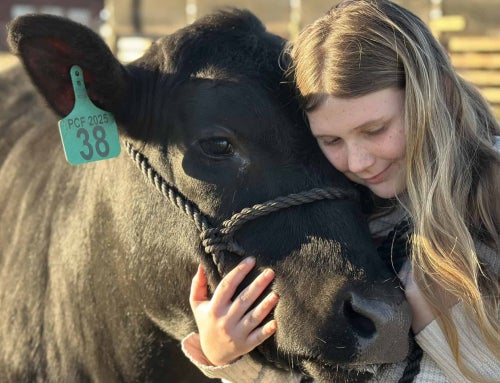
Are you an FFA Alum interested in or preparing to become an agriculture teacher in the future? If so, then listen up.
National #TeachAg Day is Sept. 19, 2024 — a day designed to recognize the important role agriculture teachers play in our schools and communities.
“I love teaching agriculture because each day is different, so you never get bored,” says Aleah Shook (pictured above right), an agriscience educator and FFA advisor at Queen Creek High School in Arizona. “I get to share my passion for agriculture with others, and it’s rewarding to have a student for four years and see them grow into an amazing adult. I get to play a small role in helping them find their passions.”
We recently chatted with four 2023-24 National FFA Teacher Ambassadors, including Shook, about why they love teaching agriculture. Read on for their advice and encouragement for soon-to-be teachers.
1. Build relationships. Get to know your students and fellow teachers. Making the effort to build relationships with your students shows them you’re invested in their success.
“One of my favorite memories is being at an Indiana Pacers game with students and parents,” says Keonte’ Edmonds, animal science teacher at Apex Friendship High School in North Carolina. “Don’t be overly serious – laugh with students and listen to their concerns. Involve them in planning when possible. Boundaries must be established, and respect is a must. It’s important to establish trust.”
2. Balance work and relaxation. Life and school can be stressful, so be sure to eat lunch, get enough rest and find ways to recharge.
“Leave work at school and take time to relax,” Edmonds says. “There is always going to be something to do, and it’ll get done. I go to therapy and play recreational kickball with a local travel team to get my mind off work. It’s okay to be vulnerable.”
3. Organization matters. Dedicate time to get organized before you’re faced with the busyness of creating lesson plans, teaching classes and grading papers. Whether you prefer paper or digital form, there are many tools available to get organized.
“Prioritize tasks. Don’t try to do everything at once,” Edmonds says. “Create a checklist of things you would like to accomplish in a day, semester and year.”
4. Collaborate with colleagues. Partner with other teacher leaders, even if they’re outside your program area, to learn how they connect with students. “Some phenomenal teachers are in your building. Use them – it’s free professional development,” Edmonds says.
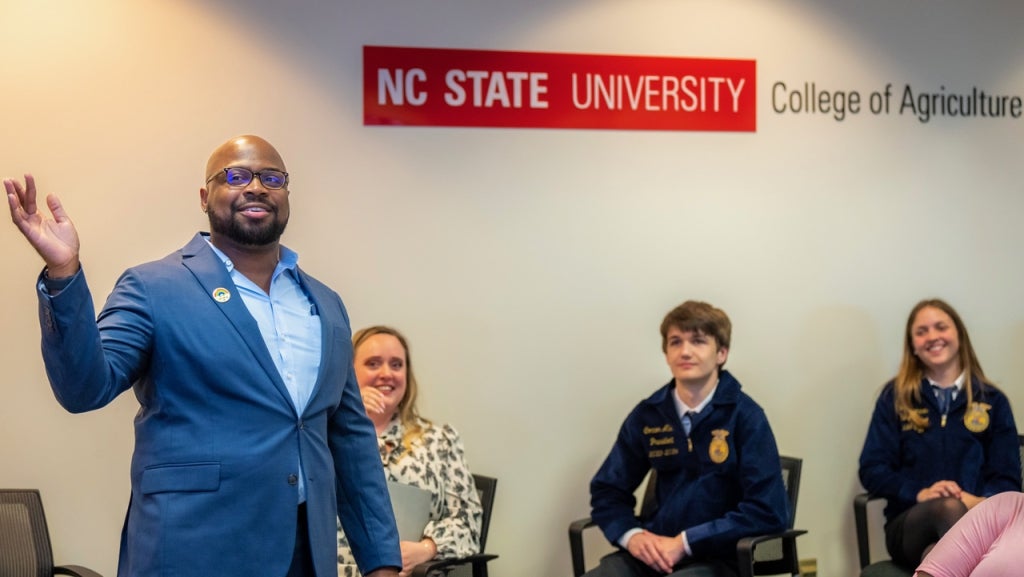
Agriculture teacher Keonte’ Edmonds (far left) encourages student teachers and FFA members to have fun, build relationships, find a work/life balance and stay organized.
Kyle Gehring, an agriculture educator at Bradford High School in Tennessee, believes it’s important for student teachers to be open to constructive criticism from your cooperating teacher.
“Voice your professional and personal concerns with them, and they’ll be honest with you about the life you’ll live as an educator,” Gehring says. “Seek reflection and growth in your weakest areas. The greatest tool to grow in this profession is self-reflection, so don’t be afraid to openly discuss this with your cooperating teacher.”
5. Embrace imperfection. Be flexible. Not every lesson will go as planned, and that’s okay.
“You never know what the day will bring within an agriculture classroom, so be prepared for anything,” says Millie McKinney, agriculture educator and FFA advisor at Pine Grove High School in Mississippi. “If you don’t get to teach your lesson for the day, there’s always tomorrow.”
6. Ask lots of questions. The more clarity you have, the more prepared you’ll be at implementing procedures and ideas in your classroom.
“As a student teacher, you might feel asking questions could become irritating,” Gehring says. “However, agriculture educators love to share their knowledge, so don’t feel as if you could ask too many questions.”
7. Know that every teacher starts out with zero years of experience. Even the best agriculture teachers started with no experience, and they were likely just as nervous as you might be going into a student teaching experience.
“Don’t feel as if you’re an outsider looking in. The agricultural education profession is one of strong networking and support,” Gehring says. “Imitation is the best form of flattery, so surround yourself with the most successful agricultural educators you possibly can in order to ask for advice and techniques.”
The National FFA Teacher Ambassadors serve as touch points for members, advisors and alumni looking for helpful resources related to agricultural education and FFA. Learn more about the ambassador program, connect with current ambassadors and watch testimonials.


